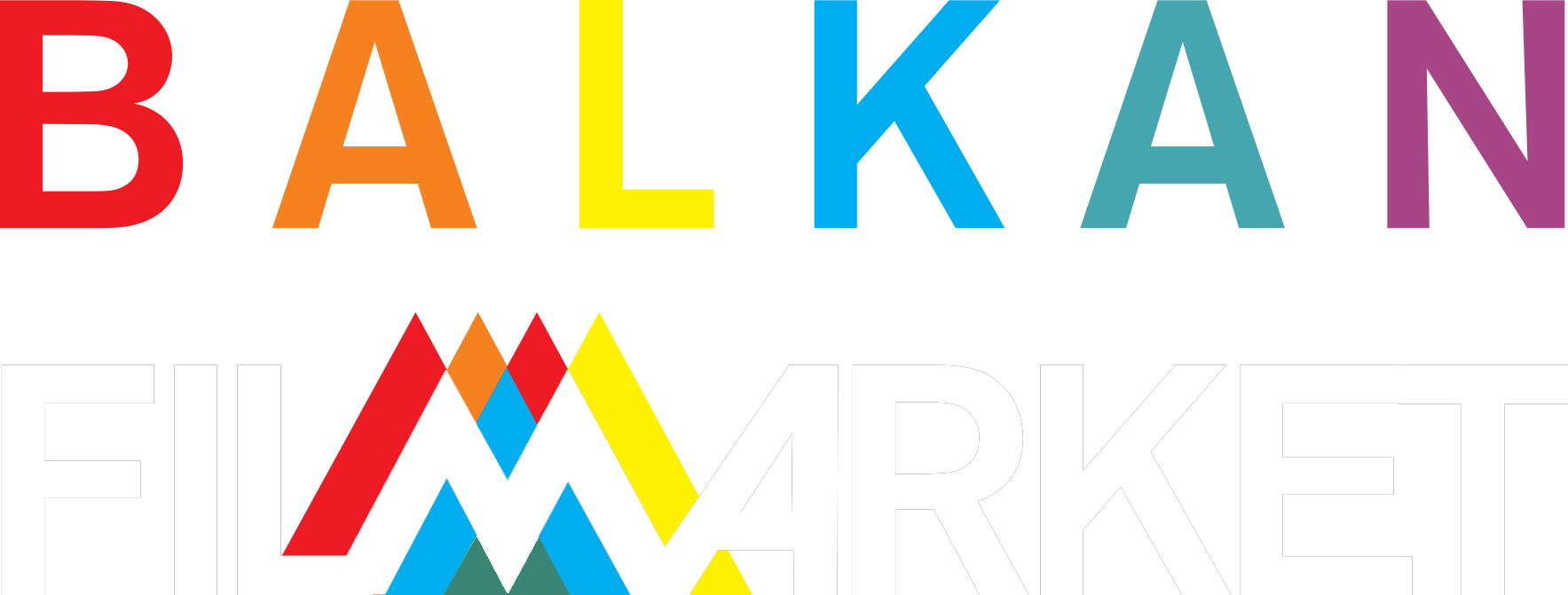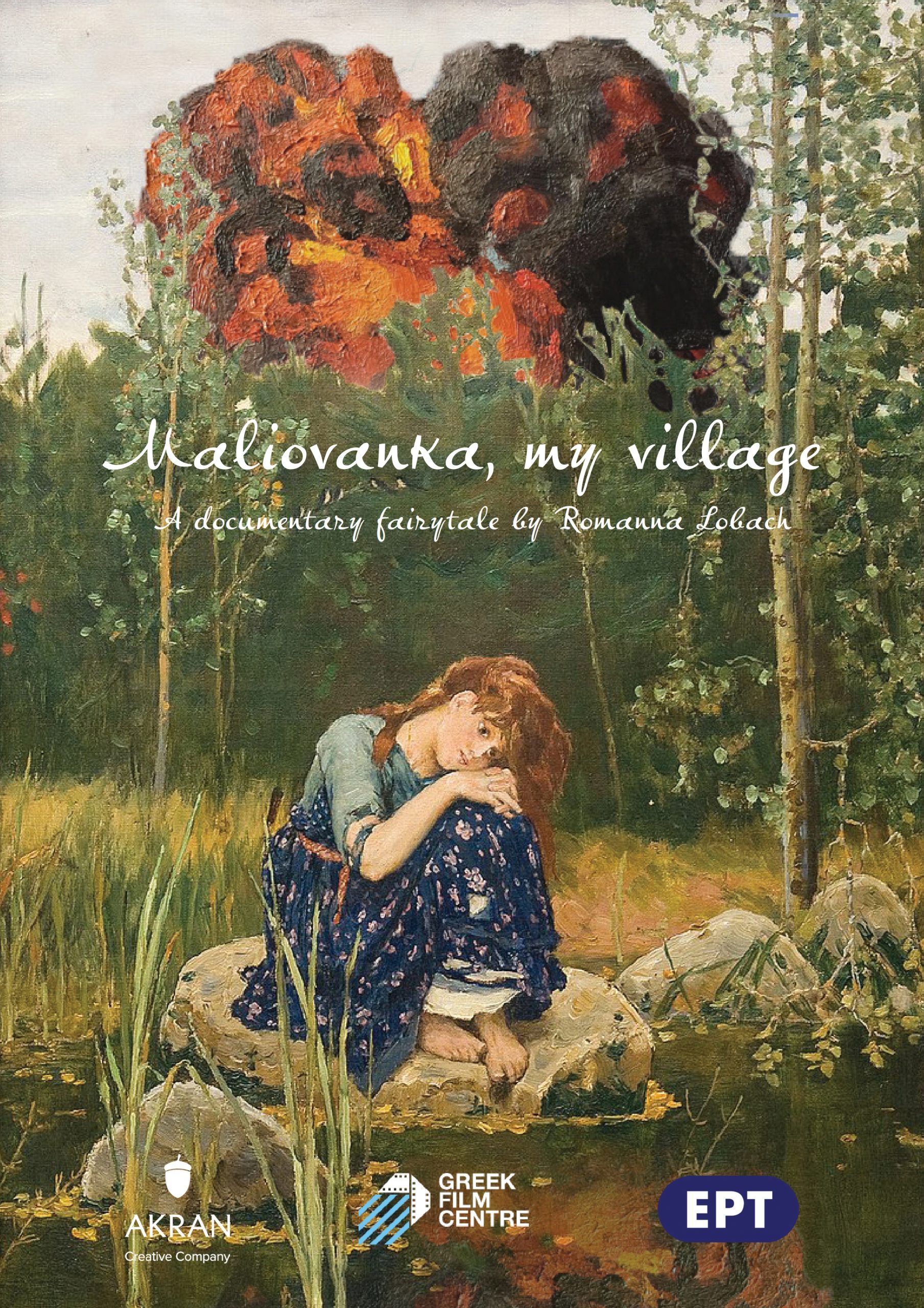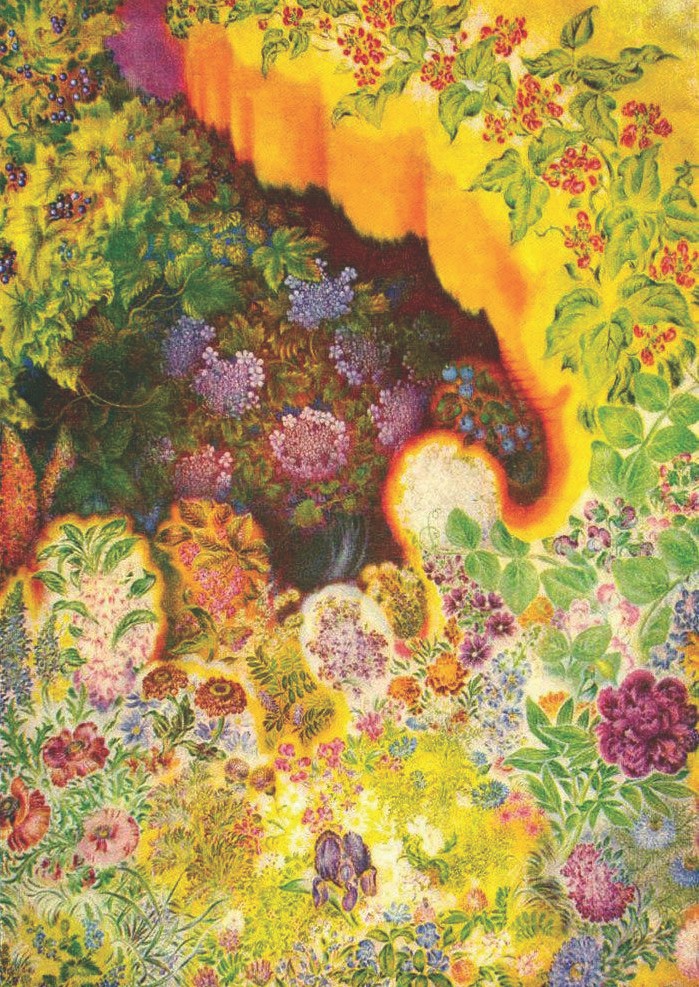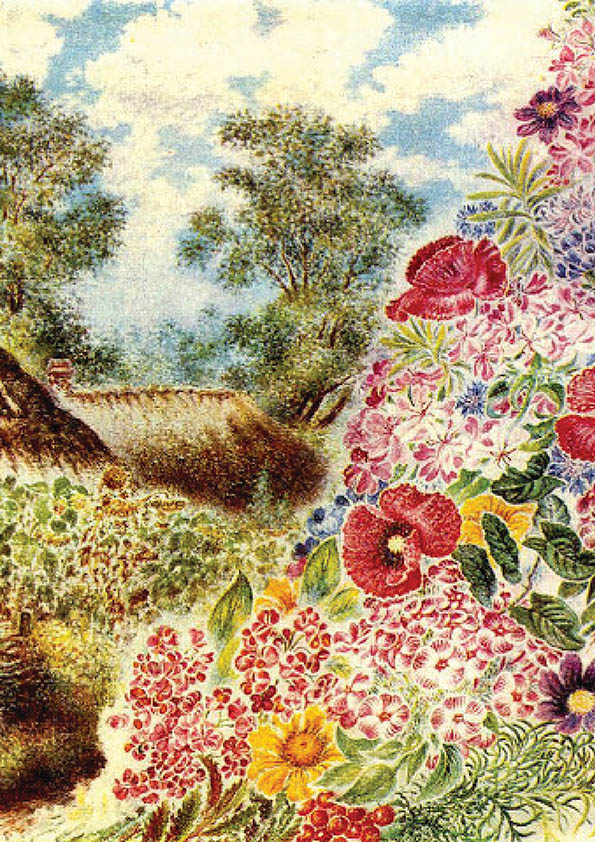MALIOVANKA, MY VILLAGE
Date
13/12/2023
Director:
Romanna Lobach
Director:
Andreas Vakalios
Budget:
420.000 euro
Secured:
110.000 euro
Contact
rom.lobach@gmail.com
Logline
When a young actress from Greece wanted to make a naive folklore documentary about her dying village in Ukraine and dig into her identity in order to relive her mother’s childhood memories from the Soviet Union – a full-scale war started.
Synopsis
Romanna, an actress who has lived almost her entire life in Athens, decides to make a documentary about her village, Maliovanka, in Ukraine, to rediscover her roots through a fictional representation of her mother’s childhood memories during the “pure” soviet 80s.
But war breaks and its impact couldn’t let Romanna see this documentary with the naiveté that she wanted. She comes to Greece: her country, the tall trees, the mushrooms, and her home in Maliovanka, also to relive her mother’s memories of a pure life. The village is is situated in the middle of a national park. A forest surrounds it, a few houses here and there, no new families, all on the verge of alcoholism but purity and acceptance. Romanna, who has great faith but a lot of ignorance, will be conducting a small experiment. Can a place that is dying along with the memories she never lived give her a sense of belonging?
Director’s Statement
There is something about returning home. From a young age, my mom used to take me to Maliovanka, my village and tell me stories about her childhood, as she grew up with her grandparents there up until she was 15. I always loved hearing these stories about these nostalgic and innocent times. I would see the images from my mother’s childhood stories come to life.
Because of this lack of happy memories of my own, I decided to tell my mom’s and my story to find my own identity through this procedure. I feel I don*t belong anywhere. Immigrant in Greece, Greek in Ukraine. So many things to explore, and then… a full scare war started. I got paralyzed.
Now I think I have found a way to show it to as many people as possible. Going and staying there myself. Bringing Maliovanka to life through a film of revival, stirring up the memories so that the “now” and the “then” can ultimately become one. Of course, I understand that I will ultimately be making a challenging film from every aspect, a personal and intimate exploration, which may prove to be quite traumatic and dangerous. But I am ready and willing to make this journey through time and space and dive into things I still do not know. Also to pay respect to these courageous people and respectively share the feeling of existing in Ukraine right now, share the trauma of the war.
To live the childhood that my mom lived, there, in Maliovanka, in a remote faraway village in the middle of the forest, I will try to relive a nostalgic life that I have heard existed but have never seen, because my own childhood was not as pleasant.
For this reason, for the sake of this revival, we mix documentary elements with fiction. Like archival flashbacks, made up memories, surreal scenes, sometimes come alive and sneak into the present. What’s more, not much has changed in the village and this makes this time-traveling easier.
I would like this film to be moving, sincere, funny, nostalgic, ethnographic, emotional, sweet and bitter, with lots of music involved.
This film will be about everything that stands in the way of the romantic way in which I perceive the vast forests, the cart rides, the soviets, the discos with Russian pop of the ‘70s-’80s, the polyphonic songs around a table with vodka, my relationship with people, my relationship with my mom and my relationship with myself.
Short bio of director
Romanna Lobach was already acting in films at 11 years old and by 2013 she had
graduated from Athens Conservatoire Drama School with a B.A. in acting. She has
performed in over 25 feature films and shorts that have premiered in festivals such as Cannes, Venice, Rotterdam, and New York, among others, winning awards at festivals in Greece and abroad for some of her most recent work; Olla (Ariane Labed, 2019), I don’t want to forget anything (Vaggelio Soumeli 2021) and March 4 (Dimitris Nakos, 2015).
In 2018, she founded AKRAN Creative Company, a boutique production house where as a producer and creative director she’s developing multiple projects with emerging directors of bold and unique voice.
Short bio of director
Andreas Vakalios was born in Budapest and raised in Athens. He studied Informatics and Digital Arts (MFA) at the Athens School of Fine Arts. He is a Talents Sarajevo alumnus and a Stavros Niarchos Foundation Artist Fellowship Award recipient. He has participated in over 45 international film festivals receiving awards and rave reviews. His latest short, co-directed with Fili and shot on a mobile phone camera, will have its world premiere at the Vancouver International Film Festival. His youtube channel, “Mashups“, has over 3 million views. His short “Mila“ (Brussels Short Film Festival, Aix-en-Provence, Drama International Short Film Festival), has won 10 awards, including Best Short Greek Film by the Greek Film Critics’ Society while the critically acclaimed feature documentary “Nikos Karouzos – Poems on the Tape Recorder“ for which he co-wrote the screenplay, was awarded at the 22nd Thessaloniki Documentary Festival. He has taught editing and mixing at the School of Fine Arts. He is in development of his first feature film (Foss Productions, GFC) and his first TV-drama. He works in Athens as a director and screenwriter.





